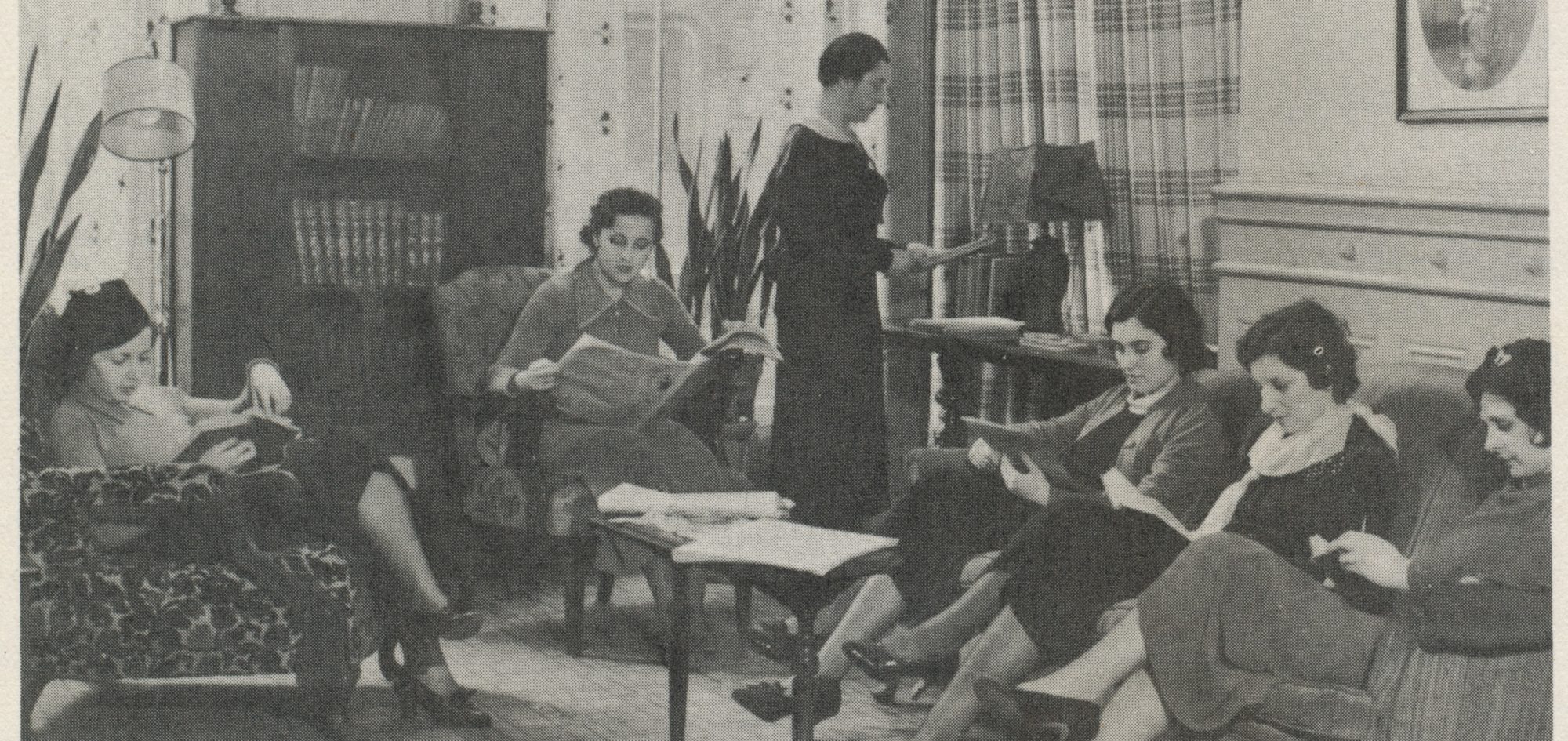Life Stories and the Politics of Experience
In the summer of 1922, the radical Labor Herald published a series of autobiographies under the title “How I Became a Rebel. A Symposium.”1 In his editor’s introduction, the radical trade unionist and future Communist Party leader William Z. Foster noted, “A fundamental part of the general revolutionary program is to make rebels; to develop men and women who have definitely broken with capitalism and who are looking forward to the establishment of a Workers’ Society.” In the interest of making future rebels, the symposium highlighted the lives of eight prominent radicals to explain “just how, why, and under what circumstances, they became convinced that capitalism had to be done away with.” As conversion stories, the autobiographies shared a number of elements: difficulties overcome, enlightenment gained, battles joined. They also stumbled upon a curious tension surrounding the origins of class consciousness: did rebellion spring more from experiences of deprivation and injustice or from reading, reflection, and debate? California machinist William Ross Knudsen attributed his radicalism to study and reflection: “I investigated. I read all the literature I could get. Reading and thinking produced the result—a Red.” The veteran Pennsylvania socialist James Maurer, a champion of workers’ education, told a very different kind of story: “It was not from what I read, because I was active in radical circles long before I could read. It came from what I lived.”

Did rebellion spring more from experiences of deprivation and injustice or from reading, reflection, and debate?
What makes people rebel? The question has preoccupied countless radicals, trade unionists, managers, and internal security personnel. The leaders of the American Revolution answered it in pamphlets and newspapers that appealed to the republican virtue of independent farmers and artisans. Southern planters pondered the origins of slave rebellions and responded by dividing families, meting out personal punishment, and censuring abolitionist propaganda. J. Edgar Hoover built a surveillance empire in order to disrupt the creation of communist cadres, and today national security operatives monitor cell phone metadata, social media, and online games to discover and disrupt the radicalization of Muslim youth, environmental activists, and many others. We celebrate some rebels and arrest others, but the question of how individuals decide to cross the boundaries of acceptable political and social discourse—how they become rebels—remains fascinating as a feature of historical change, a reflection of the human condition, and a way to talk about the tension between individuality and our common fate.

You must be logged in to post a comment.